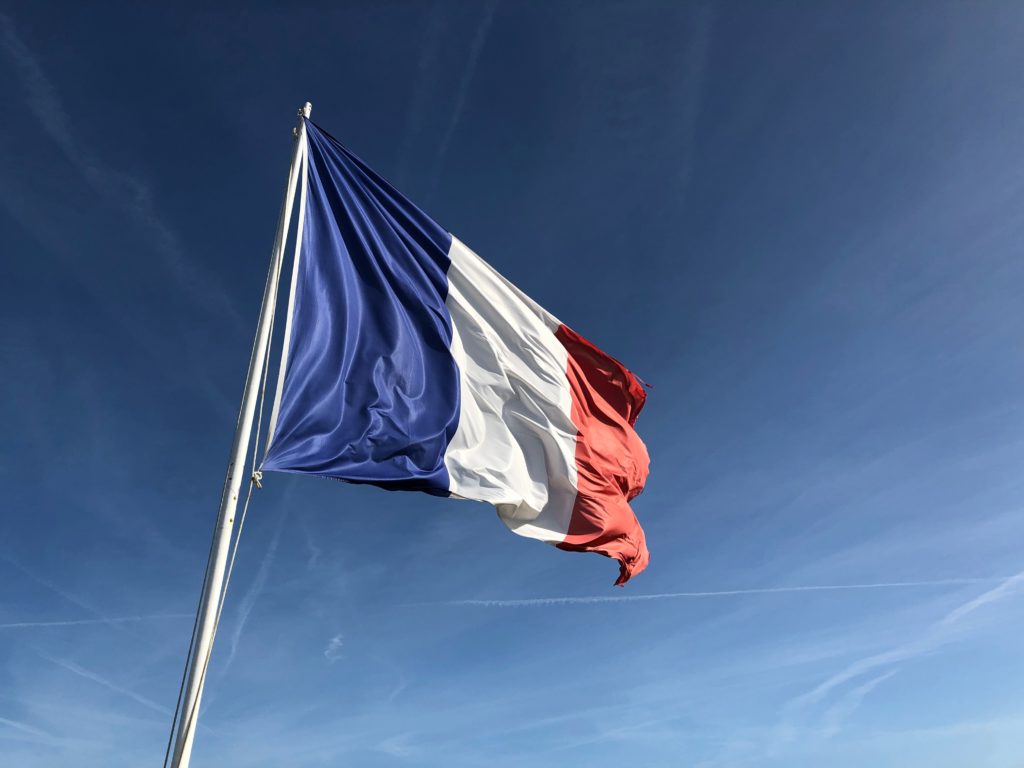
Published April 28, 2022
On Sunday, prominent leaders throughout the European Union breathed an audible sigh of relief at the news that France’s technocratic president, centrist Emmanuel Macron, had won reelection to another five-year term. The margin seemed comfortable (58.5 percent to 41.5 percent) but was still close enough to signal that all was not well with Europe’s governing liberal consensus.
After all, Macron had benefitted from his leadership in response to Russia’s invasion of Ukraine but still significantly underperformed his 2017 margin of victory. Meanwhile, his challenger, Marine Le Pen, was hamstrung by a somewhat awkward history of ties—real or apparent—to Vladimir Putin’s regime. Not only that, but Le Pen’s National Rally party was uniformly maligned in the media as “far-right” and “extremist” and laden with decades of baggage from its previous leadership by Le Pen’s openly racist father, Jean-Marie Le Pen. Yet under his daughter’s leadership, the party’s electoral share has steadily increased.
Click here to keep reading on WORLD Opinions.
Brad Littlejohn (Ph.D., University of Edinburgh) is the founder and president of the Davenant Institute. He also works as a fellow at the Ethics and Public Policy Center and has taught for several institutions, including Moody Bible Institute–Spokane, Bethlehem College and Seminary, and Patrick Henry College. He is recognized as a leading scholar of the English theologian Richard Hooker and has published and lectured extensively in the fields of Reformation history, Christian ethics, and political theology. He lives in Landrum, S.C., with his wife, Rachel, and four children.
Photo by Anthony Choren on Unsplash
Brad Littlejohn, Ph.D., is a Fellow in EPPC’s Evangelicals in Civic Life Program, where his work focuses on helping public leaders understand the intellectual and historical foundations of our current breakdown of public trust, social cohesion, and sound governance. His research investigates shifting understandings of the nature of freedom and authority, and how a more full-orbed conception of freedom, rooted in the Christian tradition, can inform policy that respects both the dignity of the individual and the urgency of the common good. He also serves as President of the Davenant Institute.









